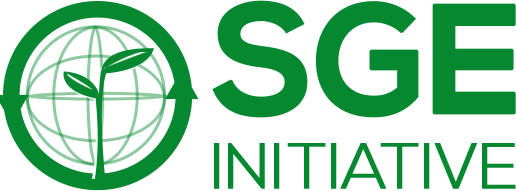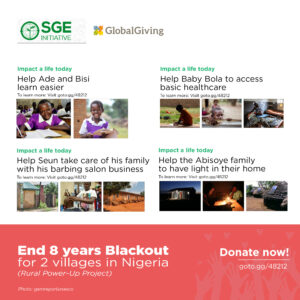Food management is a broad process that includes the best possible oversight of food selection, preparation, presentation, and preservation. Food management is important because world hunger is on the rise due to food loss and food waste.
Food loss is the diminishing in the quality and quantity of food resulting from choices and activities by food suppliers in the chain, food service providers, and consumers. It refers to any food that is disposed of, incinerated, or otherwise discarded along the food supply chain from harvest and does not reemerge in some other beneficial use, for example, feed or seed. Food waste alludes to diminish in amount and nature of nourishment brought about by retailers, food service providers, and consumers.
Lessening food loss and waste are basics to creating a Zero Hunger World and reaching the world’s Sustainable Development Goals (SDG 2 & 12) which are to End Hunger and Ensure sustainable consumption and production patterns respectively.
It is in this way significant and there is incredible incentive to gained by planning rural development programs that add to sustainable livelihoods through sound and dynamic practices. Rural development is about a procedure that looks for social change and manageable monetary improvement for the rural community’s progress. The definitive objective is to improve their life quality and save nature.
According to UN reports in 2013, One-third of food produced for human consumption is lost or wasted globally which amounts to about 1.6 billion tons per year. Food is lost or wasted all through the chain of supply from the first process which is agricultural production to household consumption.
Objectives
- To advocate for food management
- To fight for the eradication of poverty and struggle towards survival in rural areas
Targets
- Farmers
- Restaurants
- Rural community dwellers
- Government
- Food processors
- Supermarkets
- Retail food outlets
- Individual consumers
- Civil society
Approach
- Conducting research to facilitates policy development on food management and rural development
- Rural Outreach programs such as Health services for aged people, skill training for young people, charity program, distribution of mosquito repellants/fumigation services to vulnerable areas, etc.
- Campaigns on food recycling and food waste reduction
- Provision of innovative solutions to environmental problems within the industries, commercials, residential, government, and public sectors.
- Provision of Expert Advisory services to our Clients.
- Provision of Monitoring and Assessment services in waste management and recycling, air & water pollution control, and noise & acoustics.
- Environmental Monitoring
- Environmental Impact Assessment
- Noise and Acoustics
- Environmental Management System
- Waste Management
- Air and Water Pollution control
- Provision of Renewable Energy Service
- Energy Auditing and Consulting
- Training and Development
- Licensing and Permitting
- Community outreach events and activities e.g. distribution of solar power energy to reduce carbon dioxide emission in rural areas.
- Sensitization programs in schools, market places, community people to educate and inform them the effects of household pollutions and measures to reduce it.
- Workshops for teachers, health workers, industrial based workers on ways to reduce pollution and emission of gases e.g. reduction of energy usage, reduction of fossil fuel dependence etc.
- Training programs in collaboration with specific industries for young people on innovation and development of technologies that can help to reduce greenhouse effects.
- Facilitate independent and open dialogue with civil society on the environmental implications



